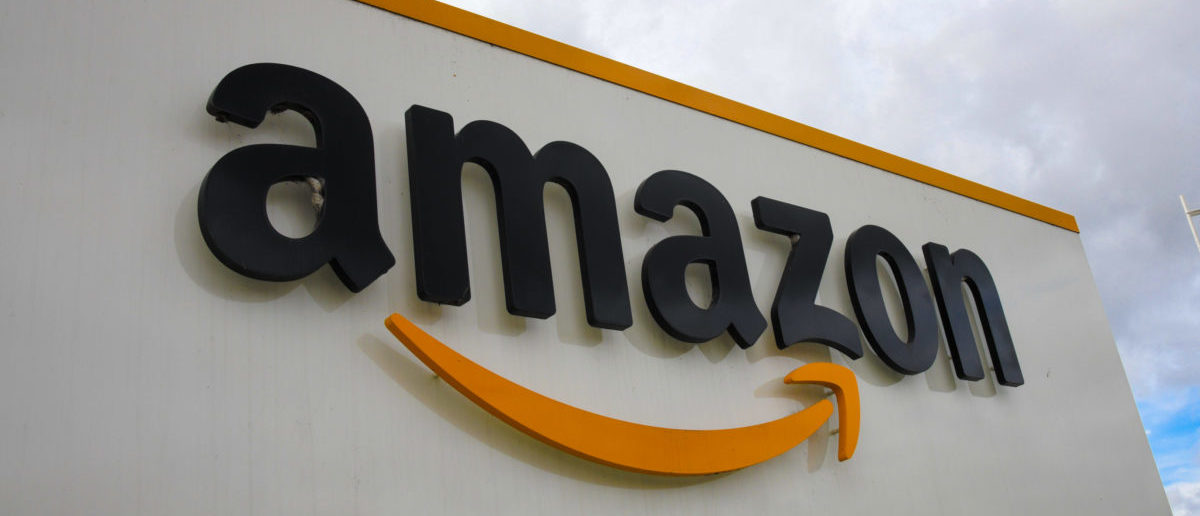Facebook CEO Mark Zuckerberg allegedly leveraged users’ personal data to help friends of the Silicon Valley giant and punish the company’s competitors, NBC News reported Tuesday, citing leaked documents.
More than 4,000 pages of documents, which include internal emails and web presentations, show how Zuckerberg and other executives used privacy data as leverage over competitors, the report notes. In one case, Facebook allegedly gave Amazon premium access to data for its new smartphone, but phased out access for a messaging application that threatened a similar app Facebook managed.
NBC’s report notes about 400 of the 4,000 pages of the documents are already a matter of public record. The rest of the documents give a more detailed illustration of Facebook’s decision-making as the company struggled to adapt to the rise of smartphones, according to NBC’s retelling.
The documents stem from a court case between Facebook and digital company Six4Three, which sued Facebook in 2015 for cutting off access to some types of user data. Six4Three’s app Pikinis relied on Facebook’s data to allow users to obtain photos of their friends in bathing suits. (RELATED: Zuckerberg Announces Big Changes To Facebook. Here’s What People Should Expect)
“As we’ve said many times, Six4Three — creators of the Pikinis app — cherry picked these documents from years ago as part of a lawsuit to force Facebook to share information on friends of the app’s users,” Paul Grewal, vice president and deputy general counsel at Facebook, told NBC reporters.
The documents tell only one side of the story, he added.
Facebook’s decision to cut off broad access to data in 2015 resulted in the decline of thousands of competitors that relied on what the company previously described as a level playing field. Zuckerberg and other executives rarely discussed the need to protect privacy, which was the public explanation for cutting off data, according to NBC. They mostly spoke about privacy in terms of how to spin the narrative.

A picture shows the Amazon logo at the entrance area of the Amazon logistics centre in Lauwin-Planque, northern France, on March 4, 2019. (DENIS CHARLET/AFP/Getty Images)
Facebook shouldn’t charge developers for access to basic data feeds, Zuckerberg wrote to software engineers in 2012. Instead, sharing data should be contingent on the developers sharing their information back to Facebook, a principle the CEO called “full reciprocity.”
The tech titan then began preparing access deals with the likes of Tinder, Sony, Microsoft, Amazon and others, NBC noted. Amazon received special treatment for the launch of one product, despite the fact that it competed with Facebook in other areas, according to the documents. The new direction apparently confused the company’s software engineers.
“So we are literally going to group apps into buckets based on how scared we are of them and give them different APIs? … So the message is, ‘if you’re going to compete with us at all, make sure you don’t integrate with us at all’? I’m just dumbfounded,” one engineer named Brian Klimt said in an email. Another engineer replied: “Yeah this is complicated.”
Engineer David Poll was more succinct, saying in the email thread: “More than complicated, it’s sort of unethical.”
Facebook was criticized after the company suspended data analytics firm Cambridge Analytica for reportedly working with President Donald Trump’s campaign team to gather private information in the run-up to the 2016 presidential election. Zuckerberg also became $5 billion poorer in March 2018 as reports about Cambridge Analytica and other privacy data breaches began taking their toll.
Follow Chris White on Facebook and Twitter
All content created by the Daily Caller News Foundation, an independent and nonpartisan newswire service, is available without charge to any legitimate news publisher that can provide a large audience. All republished articles must include our logo, our reporter’s byline and their DCNF affiliation. For any questions about our guidelines or partnering with us, please contact licensing@dailycallernewsfoundation.org.


